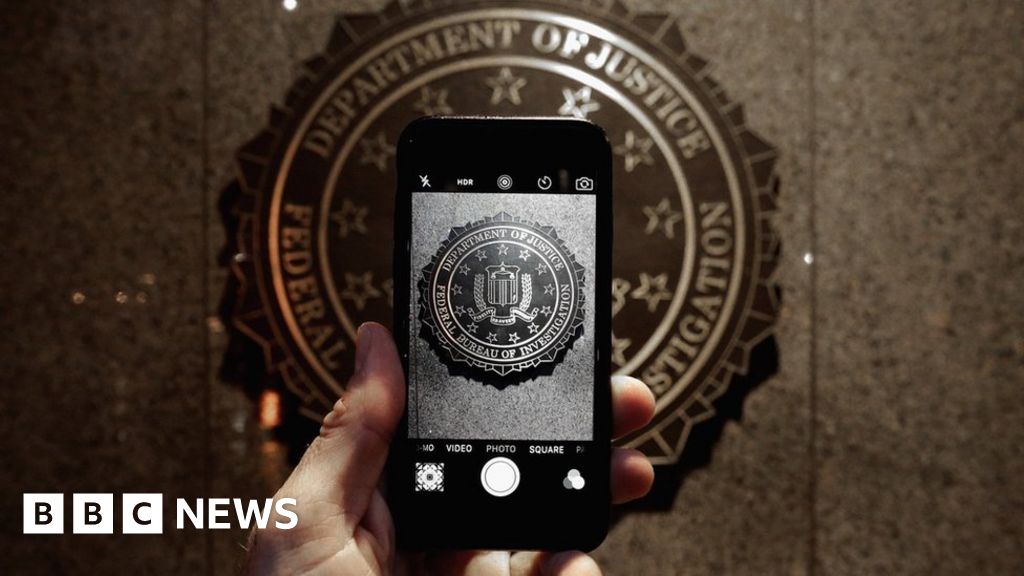IPhone Security Loophole Used By Police Closed By Apple

 Image copyright
Getty Images
Image copyright
Getty Images
Apple says it is to change the default settings of its iPhone to stop hackers and others unlocking devices without proper legal authorisation.
The move will also make it more difficult for police to unlock handsets without authorisation.
However, Apple denied the changes were designed to thwart US law enforcement.
The company has been a prominent opponent of US legislation to force technology companies to maintain access to users' communications.
The loophole also applies to countries outside the US, including the UK.
Police forces say that being able to unlock iPhones and iPads is crucial to their work.
But in 2016 Apple refused to help police unlock a phone used by a gunman who killed 14 people in San Bernardino, California.
"We're constantly strengthening the security protections in every Apple product to help customers defend against hackers, identity thieves and intrusions into their personal data," Apple said in a statement.
"We have the greatest respect for law enforcement, and we don't design our security improvements to frustrate their efforts to do their jobs."
The changes to the default settings of the iPhone are intended to stop unauthorised access to the phones via the USB port.
In 2016, a court order demanded that Apple help the FBI unlock the phone used by San Bernardino gunman Syed Rizwan Farook.
The company resisted and the FBI eventually paid experts to develop technology that unlocked the phone.
The FBI has never named the security firm or group of hackers who did the work.
From Chip War To Cloud War: The Next Frontier In Global Tech Competition
The global chip war, characterized by intense competition among nations and corporations for supremacy in semiconductor ... Read more
The High Stakes Of Tech Regulation: Security Risks And Market Dynamics
The influence of tech giants in the global economy continues to grow, raising crucial questions about how to balance sec... Read more
The Tyranny Of Instagram Interiors: Why It's Time To Break Free From Algorithm-Driven Aesthetics
Instagram has become a dominant force in shaping interior design trends, offering a seemingly endless stream of inspirat... Read more
The Data Crunch In AI: Strategies For Sustainability
Exploring solutions to the imminent exhaustion of internet data for AI training.As the artificial intelligence (AI) indu... Read more
Google Abandons Four-Year Effort To Remove Cookies From Chrome Browser
After four years of dedicated effort, Google has decided to abandon its plan to remove third-party cookies from its Chro... Read more
LinkedIn Embraces AI And Gamification To Drive User Engagement And Revenue
In an effort to tackle slowing revenue growth and enhance user engagement, LinkedIn is turning to artificial intelligenc... Read more

